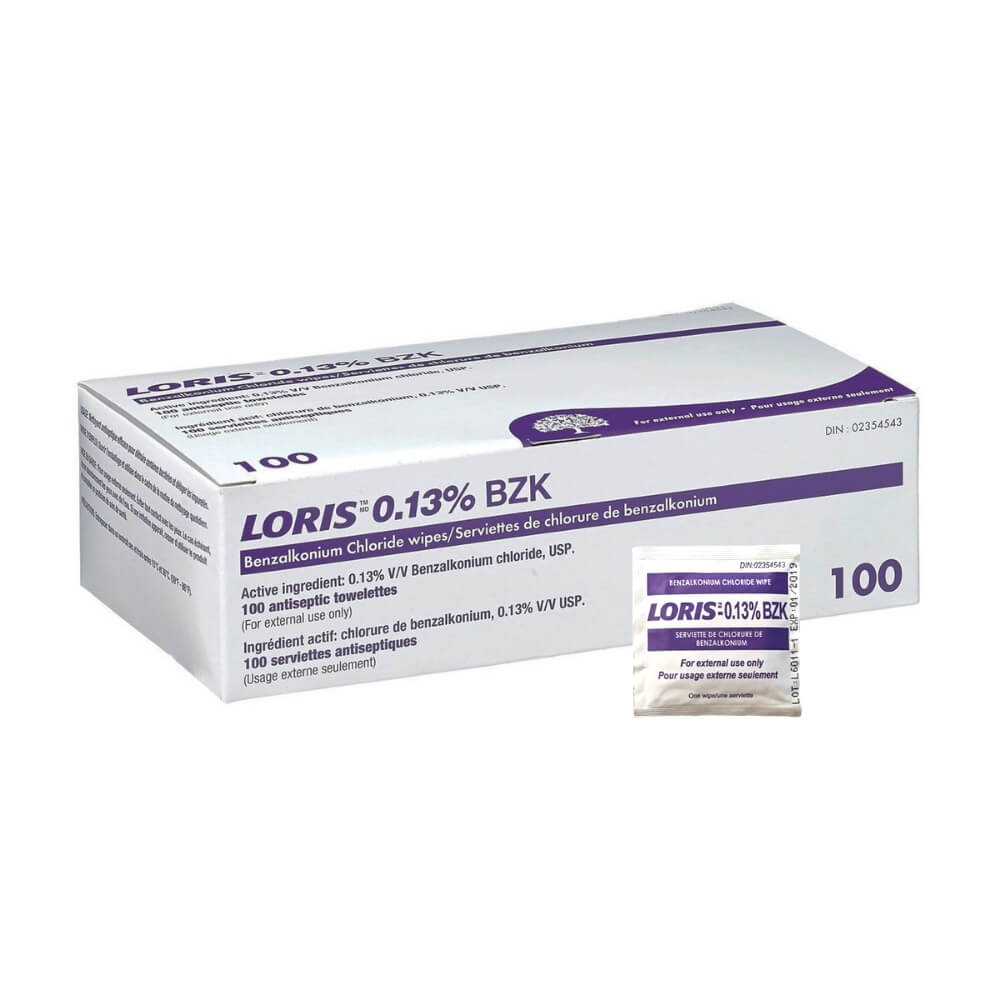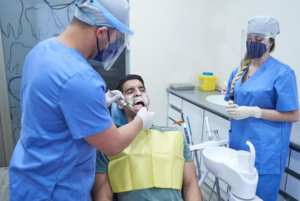
Benzalkonium chloride wipes, also known as BZK wipes or antiseptic towelettes, are a handy and versatile tool for general cleaning and disinfection. These pre-moistened wipes are saturated with a solution containing benzalkonium chloride (BZK), a quaternary ammonium compound that acts as a disinfectant.
This article explores the various uses of benzalkonium chloride wipes, their effectiveness, and important considerations for safe and proper use.
What are Benzalkonium Chloride Wipes?
Benzalkonium chloride wipes are disposable cloths pre-soaked with a solution containing benzalkonium chloride as the primary disinfectant. The BZK concentration typically ranges from 0.05% to 0.13% depending on the brand and intended use. These wipes are often individually packaged for convenience and to maintain sterility.
What are Benzalkonium Chloride Wipes Used For?
Chloride wipes have a variety of applications in everyday cleaning and disinfection. Here are some of the most common uses:
Cleaning and disinfecting minor cuts, scrapes, and burns:
BZK wipes can help reduce the risk of infection by killing bacteria on the skin’s surface.
Sanitizing hands:
BZK wipes can be a convenient way to clean hands when soap and water are not readily available. However, they are not as effective against some germs as handwashing with soap and water for 20 seconds.
Wiping down surfaces:
These wipes can be used to disinfect surfaces like countertops, doorknobs, and light switches. They are effective against a variety of bacteria and some viruses.
Cleaning electronic devices:
BZK wipes can be used to clean screens and other surfaces of electronic devices, though some manufacturers recommend specific cleaning solutions for their products. It’s important to check the device’s manual for guidance before using any wipes.
Cleaning baby surfaces:
While safe for occasional use on non-food contact surfaces like highchairs or changing tables, benzalkonium chloride wipes should not be a primary disinfectant for baby items due to potential skin irritation.
Important Considerations:
Effectiveness:
Chloride wipes are effective against a broad spectrum of bacteria, but they are not effective against all germs. They are not effective against spores or some viruses.
Skin irritation:
While generally safe for occasional use, benzalkonium chloride can cause skin irritation, especially with prolonged or frequent use. People with sensitive skin or allergies should be cautious when using these wipes.
Not a substitute for handwashing:
BZK wipes should not replace proper handwashing with soap and water for at least 20 seconds, especially before eating, after using the restroom, or after handling pets or garbage.
Follow label instructions:
Always read and follow the instructions on the label of your benzalkonium chloride wipes. This will ensure you use them safely and effectively.
How to Use Benzalkonium Chloride Wipes Safely:
- Clean the visible dirt or debris from the surface before using the wipe.
- Wipe the surface thoroughly with the BZK wipe, ensuring complete saturation for the recommended contact time as specified on the product label.
- Allow the surface to air dry completely.
- Dispose of the used wipe properly in the trash.
- Wash your hands with soap and water after using the wipes, especially if you have been cleaning a potentially contaminated surface.
When to Avoid Using Benzalkonium Chloride Wipes:
- Do not use BZK wipes on open wounds or mucous membranes.
- Avoid using them on surfaces that will come into contact with food.
- Not recommended for extensive cleaning or disinfection in healthcare settings.
- If you experience skin irritation after using BZK wipes, discontinue use and consult a doctor.
Conclusion
Benzalkonium chloride wipes offer a convenient and practical solution for everyday cleaning and disinfection tasks. They are effective against a range of bacteria and can be used to clean surfaces, sanitize hands, and disinfect minor wounds. However, it is important to understand their limitations and use them safely and appropriately. For thorough disinfection or cleaning heavily soiled surfaces, other disinfectants or cleaning methods may be more appropriate.







